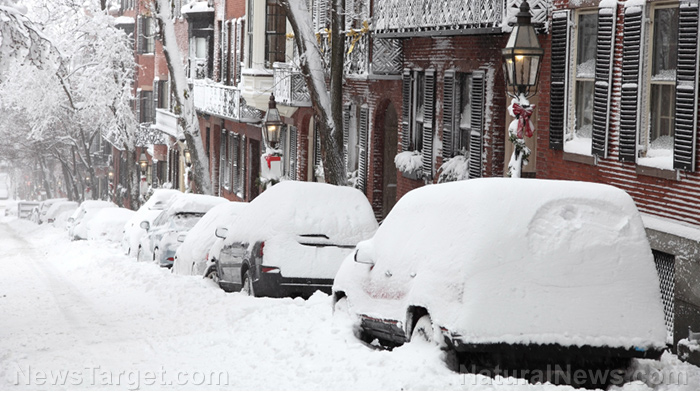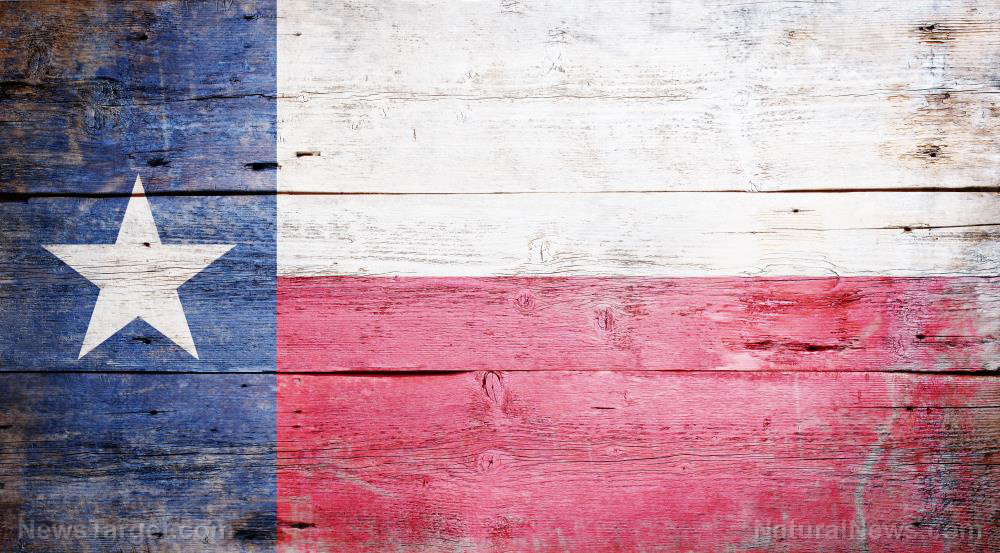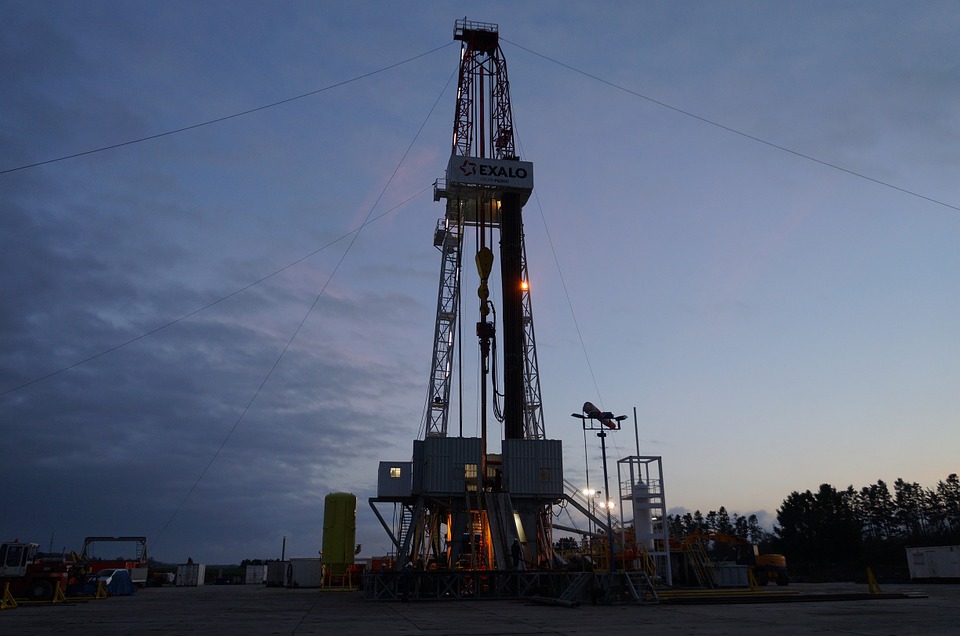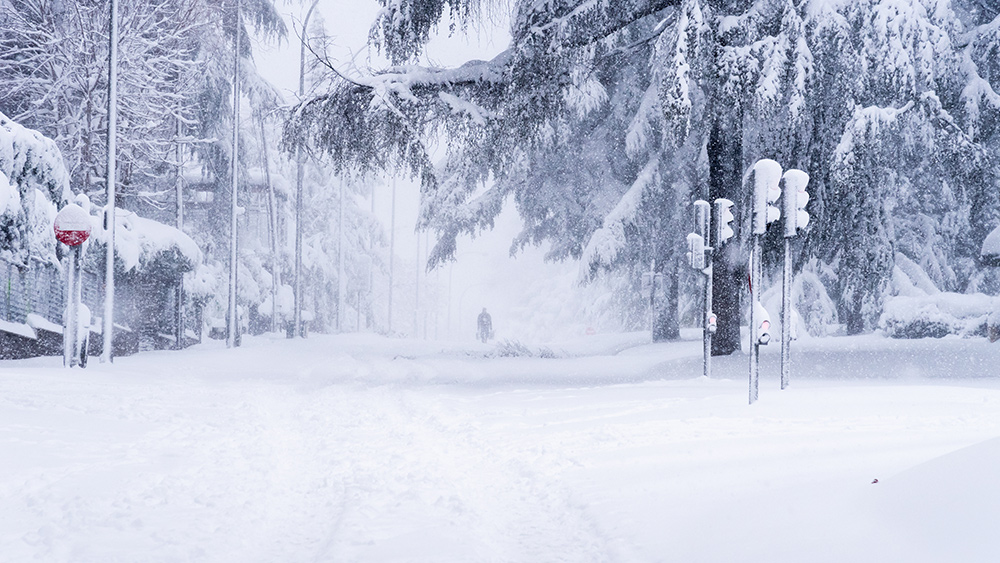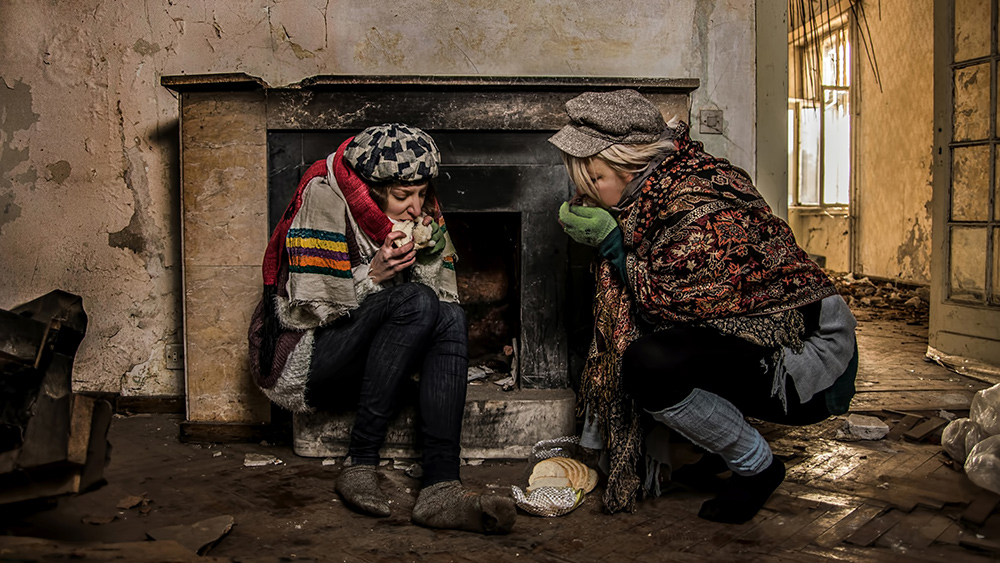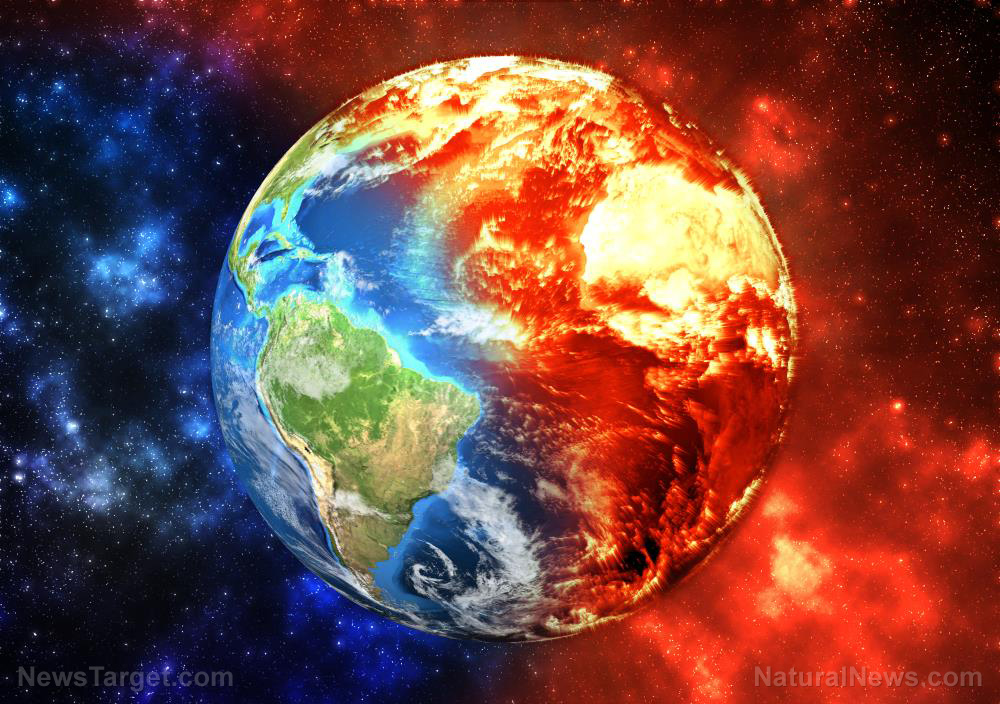Arctic blast sweeping the U.S. causes traffic and flight delays, leaves MILLIONS under wind chill warnings
01/18/2024 / By Zoey Sky
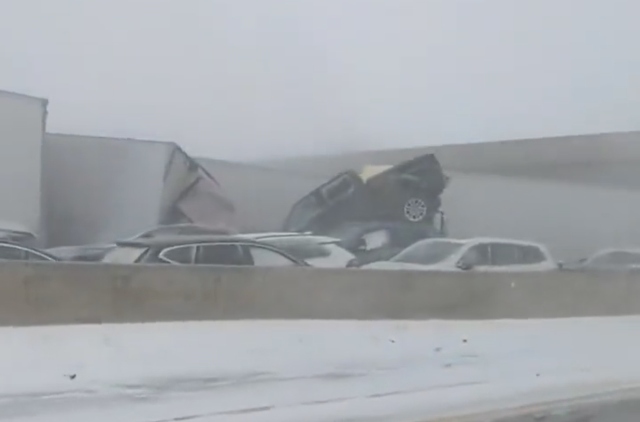
A brutal Arctic cold is sweeping throughout the United States, with millions of Americans under wind chill warnings. The harsh weather is also creating slippery conditions on the roads, causing traffic delays in several areas.
According to the National Weather Service (NWS), the wind chills are expected to push temperatures down to 30 F below zero from the Northern Rockies to northern Kansas, all the way into Iowa.
Zack Taylor, a meteorologist with the NWS, has warned that at least 150 million Americans were under a wind chill warning or advisory for dangerous cold and wind.
Forecasters also said there is potential for major winter storm impacts across the Lower Mississippi Valley and Tennessee Valley with a combination of snow, sleet and freezing rainfall before reaching the Appalachians.
Additionally, the severe Arctic blast has caused massive travel delays.
FlightAware has reported there were a total of 5,335 flights within, into or out of the U.S. that were delayed, with 2,164 flights canceled as of 2:00 p.m. Monday, Jan. 15.
At least five people have died from weather-related causes amid the deadly Arctic blast. One man died while removing snow from a driveway in Franklin, Wisconsin, just outside Milwaukee, said a medical examiner.
On Sunday, Jan. 14, a snowmobiler trying to cross U.S. Highway 40, southeast of Salt Lake City, was hit and killed by a semitrailer. (Related: Arctic blast was engineered to cause maximum damage to farms, roads and infrastructure, and interruptions to society.)
Extreme cold causes deaths, incidents throughout the country
On Saturday, Jan. 13, one man was found dead outside an Urbandale, Iowa, convenience store, with authorities saying the extreme cold likely contributed to his death.
On the same day, officials reported that trees fell and killed several people in Portland and Lake Oswego, Oregon. During the high winds, a tree fell on a home in Lake Oswego, Oregon, and killed an elderly man inside, reported the police.
Portland Fire and Rescue also reported one fatality after a tree fell onto an RV and knocked down powerlines, starting a fire.
According to the Mille Lacs County Sheriff’s Office, one man in Minnesota died as his SUV sank through the ice on Mille Lacs Lake. There were also reports that the Multnomah County Medical Examiner in Oregon is investigating two suspected hypothermia deaths due to the storm.
Snow and avalanche dangers resulted in several road closures across parts of Utah and Colorado. Colorado officials closed a 20-mile stretch of Interstate 70 near Vail, the primary east-west highway through the state.
In Grapevine, Texas police responded to a multi-vehicle crash that included eight cars, including one fire truck. One person who was injured was taken to the hospital for treatment.
Snowfall is predicted to hit cities all across the East Coast that are nearing 700 days without snow accumulation, such as Washington D.C, Philadelphia and New York.
AccuWeather Senior Meteorologist Matt Benz said the mixed-precipitation zone is likely to stay to the south and east of Washington, D.C., and Baltimore, but there is also a chance that it may reach Philadelphia and Manhattan.
Mayor Brandon Scott announced that Baltimore canceled the city’s annual Martin Luther King Jr. Day parade on Monday due to hazardous weather conditions.
Experts have predicted a heavy lake effect snowfall for downwind of the Great Lakes through Wednesday, Jan. 17, while large amounts of snow accumulations are forecast across northern Michigan, western and Upstate New York, including Buffalo.
The Weather Channel warned that W?inter Storm Heather will “tap into fresh arctic air as it tracks across the South and East early this week, resulting in a wintry mess of snow and ice that could create dangerous travel conditions in some areas.”
The Buffalo Bills renewed their call for shovelers at Highmark Stadium in Orchard Park, New York, to help dig out from more than a foot and a half of snow that fell through a blustery weekend that delivered the snow during wind gusts of 60 mph.
In Rapid City, South Dakota, a record-matching low temperature of minus 23 degrees was reported at the Rapid City Regional Airport. The last time minus 23 degrees was registered was in 1979, according to the NWS.
Visit WeatherTerrorism.com for more stories about dangerous weather conditions and the Arctic blast.
Watch the video below as Health Ranger Mike Adams discusses whether the U.S. power grid can function reliably during an Arctic blast.
This video is from the Health Ranger Report channel on Brighteon.com.
More related stories:
Over 1,300 flights cancelled and 6,000 delayed by SEVERE THUNDERSTORMS that hit the East Coast.
Thousands of flights canceled and delayed as massive winter storm engulfs America.
Sources include:
Submit a correction >>
Tagged Under:
arctic blast, bad weather, big government, canceled flights, chaos, Climate, Collapse, Dangerous, delayed flights, disaster, Ecology, environment, evacuation, national security, panic, risk, SHTF, snowstorm, transportation, weather terrorism, winter storm
This article may contain statements that reflect the opinion of the author

